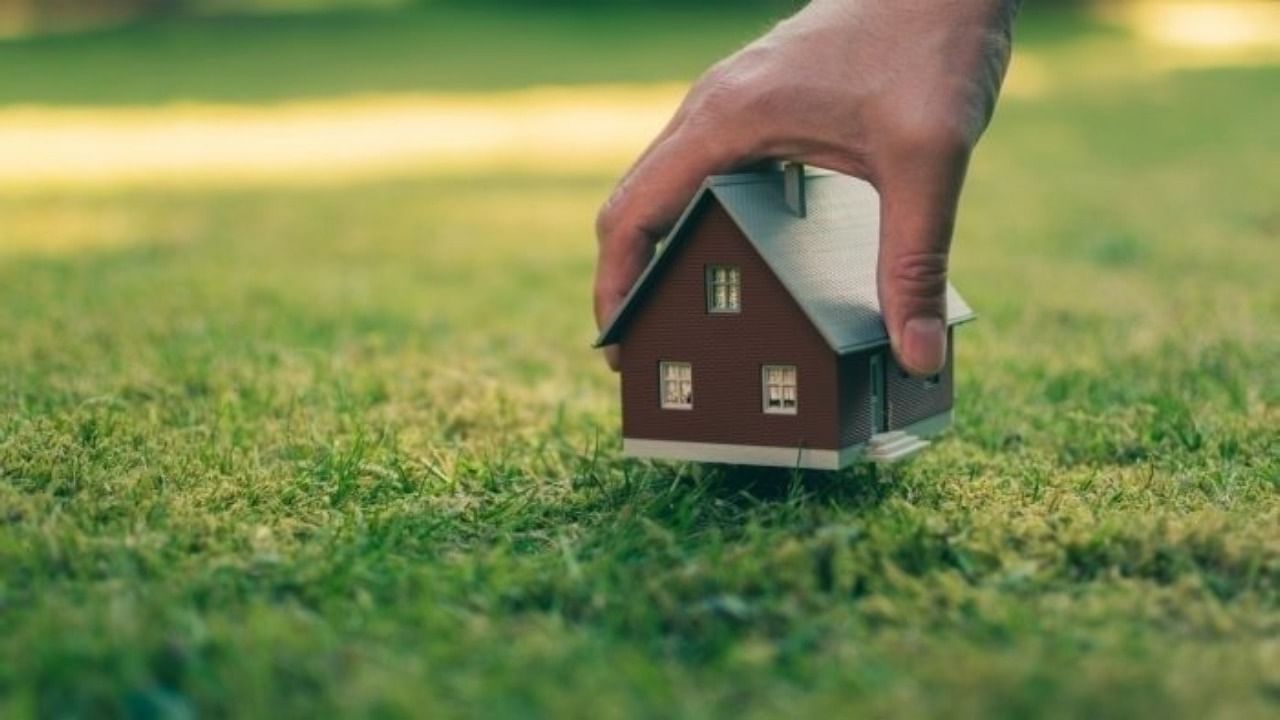
Majority of the corporates are willing to pay premium to take green certified buildings on lease as sustainability has become an important consideration along with location and rental, according to property consultant JLL.
In its report 'Sustainable real estate: India's response to a greener future', the consultant said that sustainability has gone mainstream and real estate is at the core of it.
"9 in 10 respondents in India believe the link between CRE (corporate real estate) and sustainability is a board-level agenda. 7 in 10 occupiers (tenants) surveyed have carbon emission targets as part of their corporate sustainability strategy," it said.
The consultant said that the demand for green buildings could outstrip the supply and 7 out of 10 are willing to pay premium to lease green certified buildings.
"With its contribution of nearly 40 per cent of all Green House gas emissions, real estate is seeking to transform itself into a more responsible asset class," the report said.
A clear consensus has emerged that environmental impact can potentially have an adverse effect on businesses in the long run.
"Sustainability now features among the top 3 considerations for occupiers during site selection alongside location and rentals," it said.
As per the report, JLL said that 87 per cent of occupiers in the pan-India survey and 78 per cent of the investors have accepted that climate risk poses a financial risk.
"87 per cent of those surveyed say the link between CRE and sustainability is a board-level agenda, and 81 per cent say that real estate is a game-changer in achieving the sustainability agenda," the consultant said.
Due to the higher demand for green buildings, retrofitting today presents the biggest challenge and opportunity. Half of the landlords (5 in 10) want to actively undertake retrofitting and adaptation for building lifespan extension.
"Sustainable future in general and ambitious net-zero commitments in particular cannot be achieved without the ecosystem coming together with a collaborative approach. 96 per cent of stakeholders in the research survey agree that collaboration among policy influencers, investors, developers, and occupiers will be instrumental in achieving these ambitions," Sandeep Sethi, Managing Director –Work Dynamics, West Asia, JLL, said.
The property consultant JLL conducted a research study with 550+ corporate real estate leaders in Asia Pacific (99 occupiers and 76 investors with relevant India real estate exposure) and select end-user demographic to get a 360-degree perspective on how decision-makers and end-users are approaching their sustainability ambitions and turning them into reality while leveraging real estate.
Occupiers in India are keen on opting for business parks that integrate sustainable practices and green certifications.
"This in turn is encouraging investors and developers to either refurbish or redevelop brownfield projects to stay in the game and continue to attract marquee occupiers; or plan and execute greenfield office projects that incorporate the best of sustainable practices," the report said.
Gagan Randev, Executive Director, India Sotheby's International Realty said that green and sustainable office buildings are non-negotiable today.
"They are not only critical to reduce the carbon emissions to mitigate global warming, but they also have obvious economic benefits – saving energy, water and operational costs," he said.
Randev noted that MNC occupiers/tenants want to see the sustainable footprint and future plans to improve sustainability, before taking a decision on which lease to sign.
"All Grade A developers are pushing the envelope on sustainability metrics of the office campus they build and operate. It must be noted though, while as a country we have managed to improve our green certified building footprint remarkably, we still have a long distance to cover on embodied carbon emissions – which come from the construction material and design," he added.
Watch the latest DH Videos here: